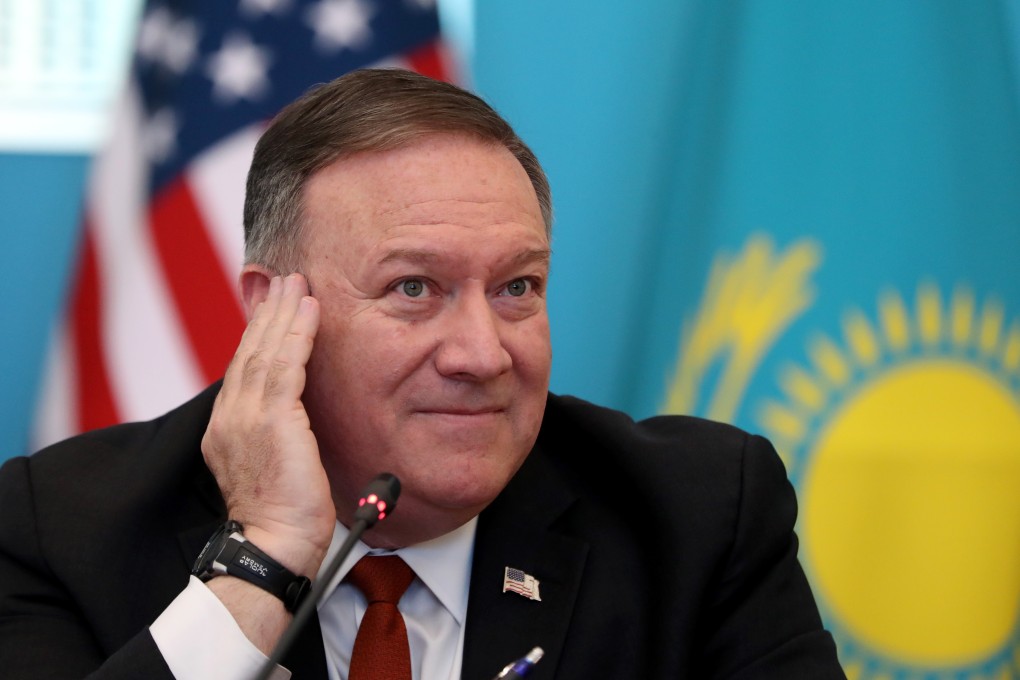The View | The US is all talk when trying to compete with Chinese investment in Central Asia and elsewhere
- Just as Central Asia’s dependence on China is an unfortunate reality, so is the participation of Huawei in Britain’s 5G network. Washington’s failure to acknowledge basic realities was on show during the US secretary of state’s recent tour

International visits by American officials in the Donald Trump era tend to be heavy on aggressive warnings and light on promises. US Secretary of State Mike Pompeo has just wrapped up a five-nation tour of Europe and Central Asia during which China-bashing emerged as the only consistent theme.
In the United States’ first cabinet-level visit to Central Asia in half a decade, Pompeo pledged (pending congressional approval) US$1 million of technical assistance to Uzbekistan in developing its capital markets. In the context of China-Central Asia relations, seven-figure sums are pocket change.
On his sweeping tour of the region after launching his now-famous Belt and Road Initiative, Chinese President Xi Jinping signed US$56 billion worth of deals in Central Asia.
While declining to step up to the plate, US officials frequently lambast countries for engaging with the Belt and Road Initiative, drawing on the language of “debt-trap diplomacy” to warn borrowers off Chinese credit.
